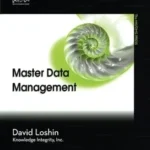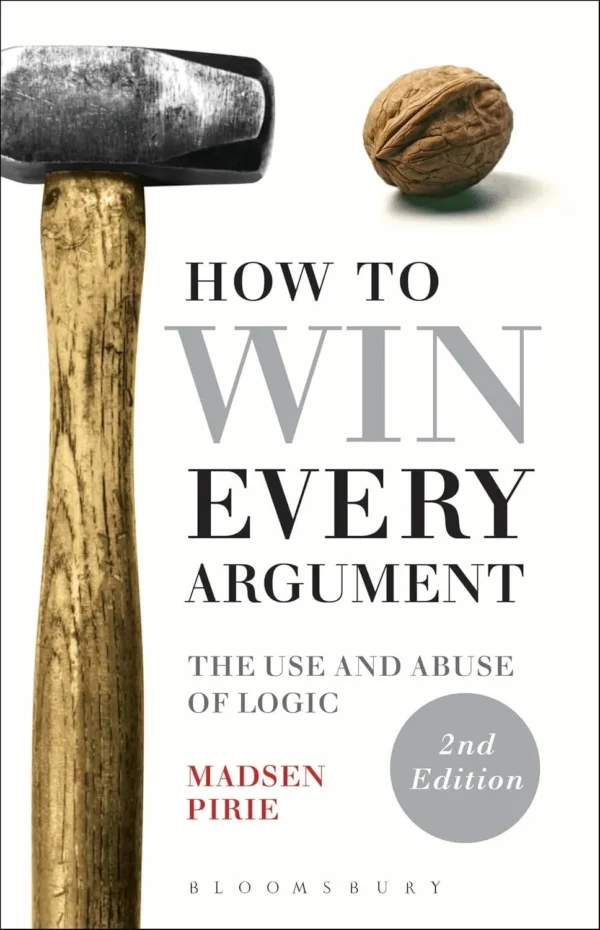Description
A Review of “How to Win Every Argument: The Use and Abuse of Logic” by Madsen Pirie
Madsen Pirie’s How to Win Every Argument is a witty and informative guide to the art of persuasion, focusing on the logical fallacies and rhetorical tricks that can be used to sway an argument in one’s favor. While the title might suggest a manipulative approach, the book actually offers a valuable toolset for critical thinking and effective communication.
Key Strengths of the Book:
- Clear and Concise Explanations: Pirie’s writing style is engaging and accessible, making complex logical concepts easy to understand. He provides numerous examples and anecdotes to illustrate his points, making the book enjoyable to read.
- Comprehensive Coverage of Fallacies: The book covers a wide range of logical fallacies, from ad hominem attacks to straw man arguments. This comprehensive approach equips readers with the knowledge to identify and counter these fallacies in their own arguments and those of others.
- Practical Applications: Pirie goes beyond theory and offers practical advice on how to use these fallacies to your advantage in various situations, from debates to negotiations. However, he emphasizes the importance of ethical considerations and warns against using these techniques to deceive or manipulate others.
- Humorous Tone: The book is infused with a sense of humor, making it a pleasant and entertaining read. Pirie’s wit and sarcasm help to lighten the subject matter and keep readers engaged.
Potential Criticisms:
- Focus on Manipulation: While the book is primarily concerned with identifying and countering fallacies, some readers might find the emphasis on using these techniques to “win” arguments somewhat problematic. It’s important to remember that the goal of effective communication should be to reach a shared understanding, not to dominate a conversation.
- Lack of Depth: While the book provides a solid overview of logical fallacies, it might not delve as deeply into some of the more complex concepts as other works on the subject. Readers seeking a more in-depth exploration of logic and argumentation might want to consult additional resources.
Conclusion:
How to Win Every Argument is a valuable resource for anyone interested in improving their critical thinking and communication skills. It offers a clear and concise introduction to logical fallacies, practical advice on how to use them effectively, and a healthy dose of humor to keep things interesting. While the book’s focus on “winning” arguments might raise some ethical questions, it ultimately provides a valuable toolset for engaging in thoughtful and productive discussions.




Reviews
There are no reviews yet.